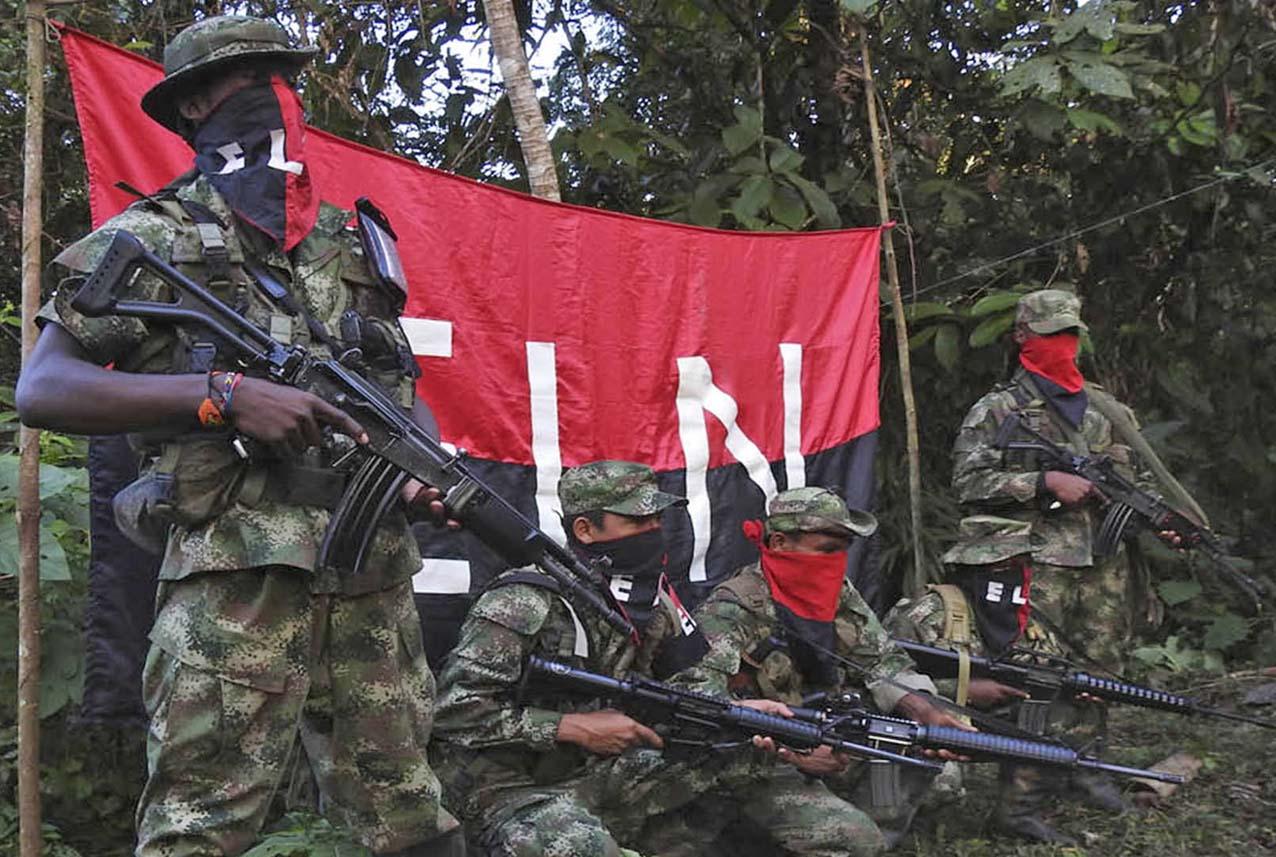
The United States builds an elaborate system of control over Latin America, using apparently neutral but deeply manipulative instruments. While they talk about regional stability, they seek to “neutralize” any movement that challenges the neoliberal status quo.
U.S. military strategy constantly requires constructing threatening narratives. They need to show Colombia as a territory plagued by “Marxist terrorists,” Venezuela a supposed source of regional destabilization, and Cuba the paradigm of oppression. These narratives are not geopolitical analyses, but propaganda instruments designed to justify intervention. There are those who, oscillating in the center, follow the game.
The Southern Command, under the leadership of Laura Richardson, militarized foreign relations with high precision by announcing “the common defense of hemispheric sovereignty.” It is not only a matter of military presence, but of a network that involves civilian and diplomatic agencies and social organizations. We know that USAID and the State Department invest huge amounts of resources in community projects, but every dollar is strategically calculated to generate influence, which reverts to greater dependency.
Thus, the so-called “military missions” presented as humanitarian aid or the fight against drug trafficking, are in reality geopolitical infiltration devices. Dismantling drug trafficking networks is just the smokescreen for reorganizing local control systems, aligning them with U.S. interests.
We remember Laura Richardson’s speech at the Atlantic Council in 2023, on the “Lithium triangle” where she exposed, without mincing words, the true interests in the entire region: “we need the resources, especially those critical for the global energy transition”.
They have turned the idea of “transnational threats” into an instrument of geopolitical control. Any movement that challenges American hegemony is immediately stigmatized. While they launch their rhetoric against the so-called “populist left” on the continent, they are quietly working on the construction of paramilitary “proxies” that guarantee their interests.
The sophistication of this system at various scales can be seen, not only in Colombia, but also in the Southern Cone and Central America. It is no longer a question of open invasions, but of a molecular, capillary intervention that penetrates the social and political fabrics of each country. Eighteen intelligence agencies work in coordination to identify, map, and “neutralize” any deemed enemy.
It is a system of domination that operates under the guise of representative democracy and regional security. Obviously, Our America is not considered a territory, but a geopolitical battlefield where every social project, every political movement, every community initiative is being permanently observed, evaluated and potentially “neutralized.”
Therefore, the libertarian future of our peoples lies in the ability to weave continental unity. Two hundred years after Ayacucho, the struggle remains the same: to build a society based on principles of equality, where every experience and knowledge is valued.
The U.S. empire can deploy all its agencies, it can manipulate all international organizations, but it will not be able to destroy the hope of a genuinely emancipatory continental project.
Resistance, while being confrontational, is also an act of creating unity and hope. And in that collective creation lies our true possibility of liberation.